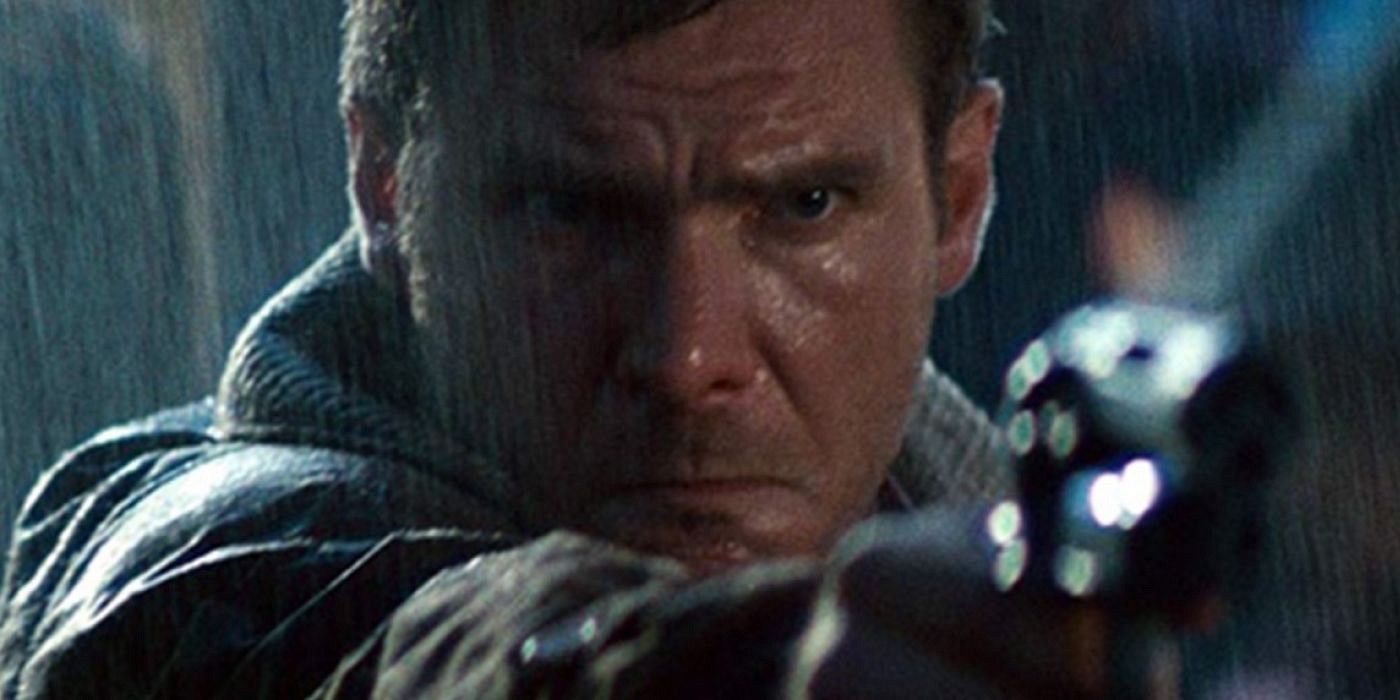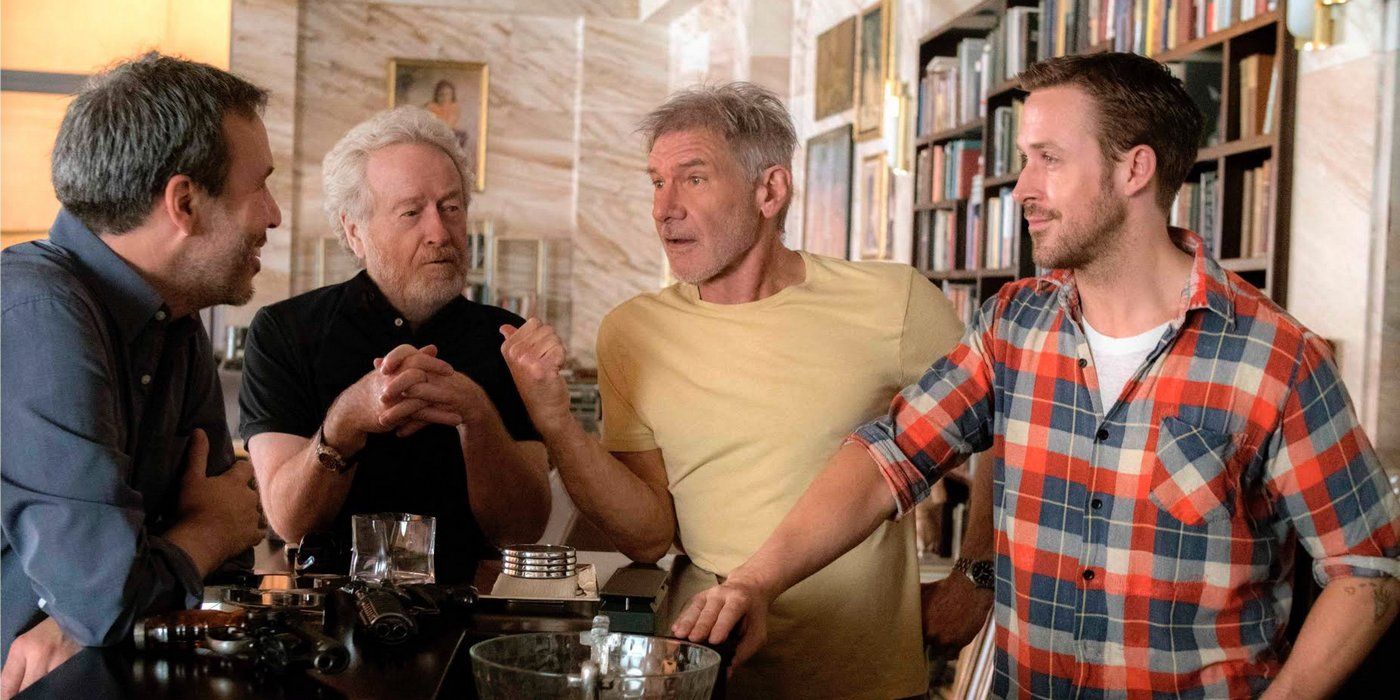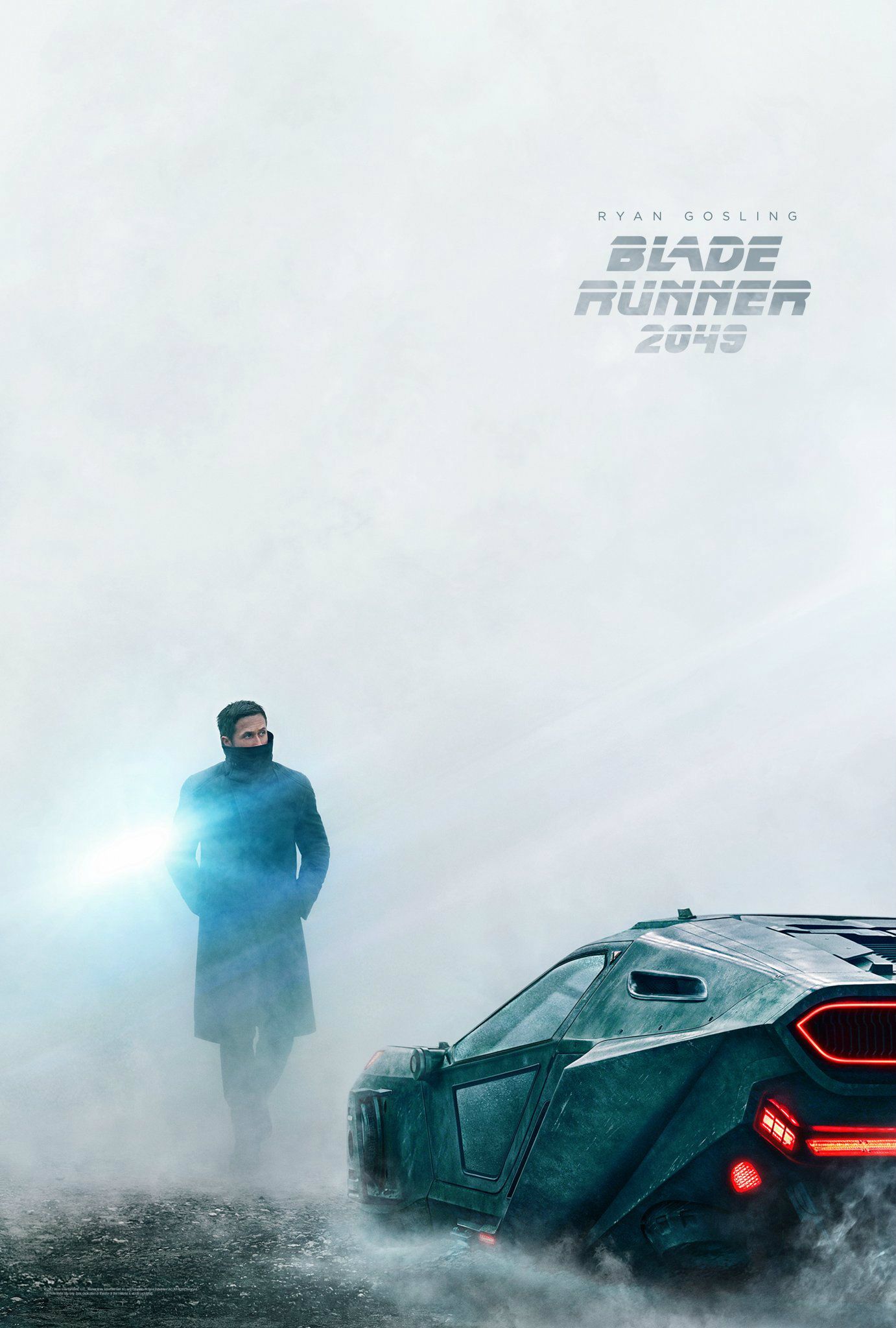Ridley Scott and Harrison Ford disagree on whether or not Rick Deckard is a replicant (an android) in the Blade Runner series. Scott's original film, which hit theaters in 1982 and has since become one of the most influential science fiction films in cinema history, has seen numerous versions released over the years - seven, to be exact. The major ones are the Theatrical Cut (featuring Ford's voiceover and the "happy ending"), the Director's Cut (no voiceover and no "happy ending," but the inclusion of a dream sequence), and the Final Cut (the definitive version, according to Scott).
The thing is, each version alters the fundamental story in some way or another, and each one either suggests Deckard is closer to being a replicant or that he's closer to being human. The question about Deckard's true identity has plagued fans ever since the original film released all those years ago, and it's possible that audiences could finally get their answer come this October, when Denis Villeneuve's Blade Runner: 2049 hits theaters. Still, Scott and Ford appear to disagree about Deckard being human.
Related: Funko Unveils Blade Runner 2049 Products
In an interview with CinemaBlend, Villeneuve explained that he had grown up watching the Theatrical Cut, yet he also loved Scott's definitive version, so that he's chosen to make his upcoming sequel somewhere in between, and that may affect audiences' presumptions about Deckard possibly being a replicant.
"I was raised with the first [movie], and then, later on, I discovered what was the original dream of Ridley. So I really loved his version, too. The key to making this [new] movie was to be in between. Because the first movie was a story of a human being falling in love with a designed human being -- an artificial human being. And the story of the second movie is a replicant that doesn't know he's a replicant, who slowly discovers his own identity. So, those are two different stories.
"I felt that the key to [dealing] with that was in the novel of Philip K. Dick. Which was that, in the novel, [those] characters are doubting themselves. They are not sure if they are replicants or not. From time to time, the detectives are having to go and perform [tests] on themselves to make sure they are really humans. I love that. So I decided that the movie... Deckard, in the movie, is unsure, as we are, of what his identity is. Because I love that. I love mystery. That's an interesting thing to me. I really love that. Again, Harrison and Ridley are still arguing about that. If you put them in the same room, they don't agree. And they start to talk very loud when they do. It's very funny."
Scott not only disagrees about Deckard being a replicant, but he has recently said that the upcoming sequel will finally give audiences an answer to that very question. However, Villeneuve has also said that his movie doesn't answer that question. Whether that happens or not is something we'll just have to wait and see, but at least it seems like Villeneuve has chosen to retain that mystery aspect throughout his story.
In the above interview, the director also said that he took inspiration from Philip K. Dick's 1968 novel Do Androids Dream of Electric Sheep?, which was the inspiration for Scott's original film, with regard to Deckard being unsure of himself. It's an interesting concept, and discovering the truth could possibly lay the foundation for future installments, should Scott and everyone else involved choose to continue telling more stories in the Blade Runner universe.
Next: What Happened Between Blade Runner & Blade Runner 2049?
Source: CinemaBlend



